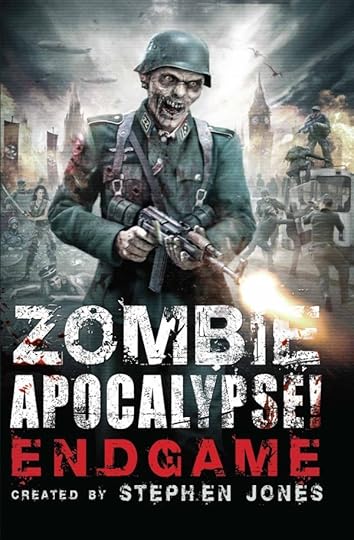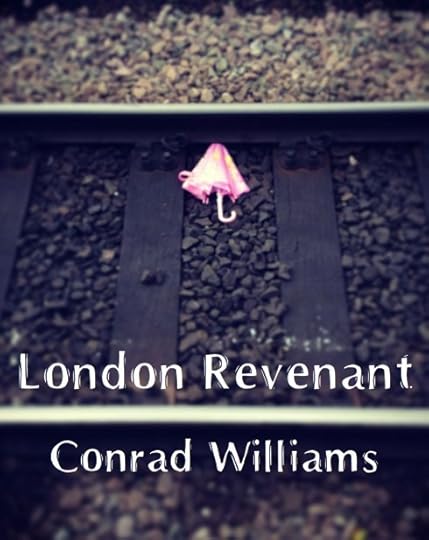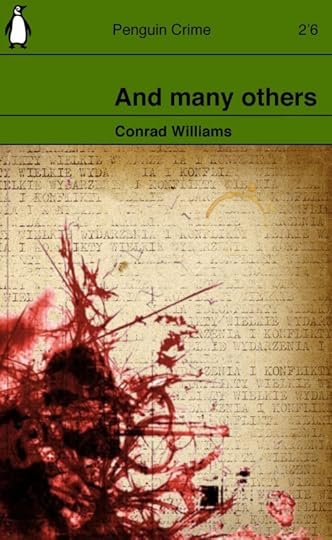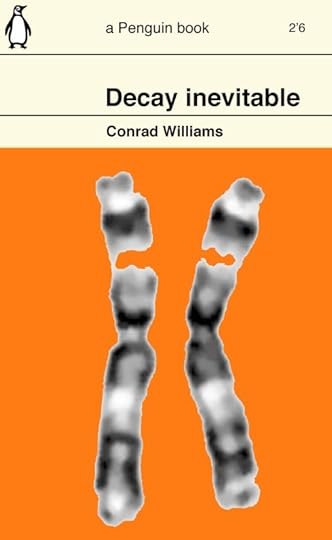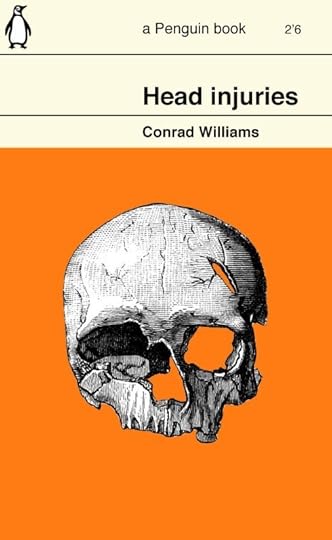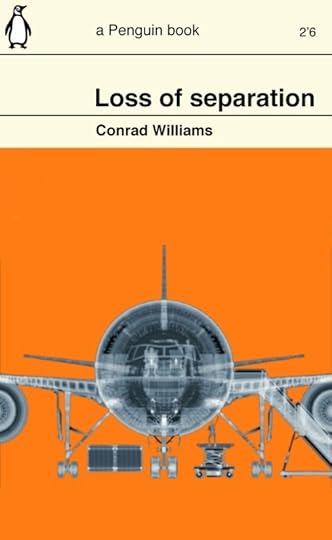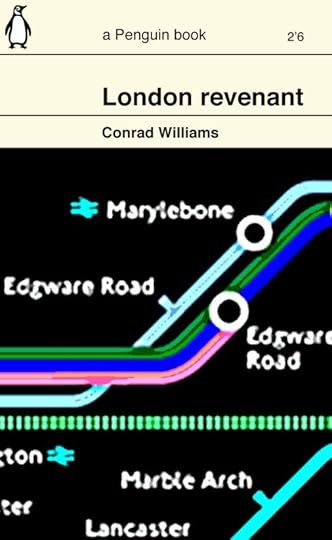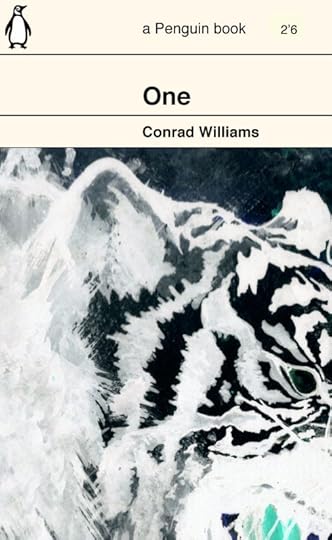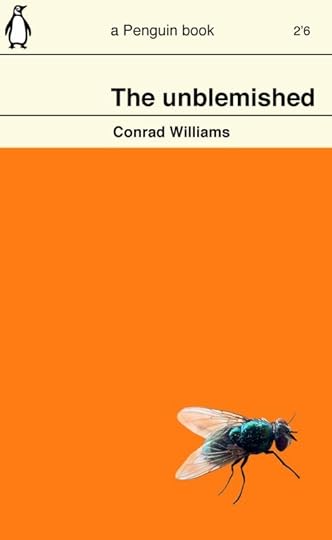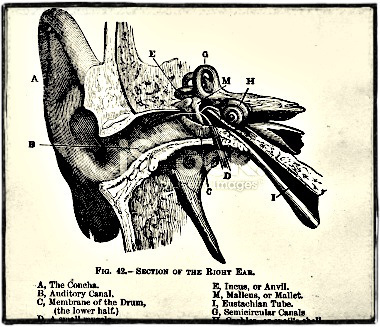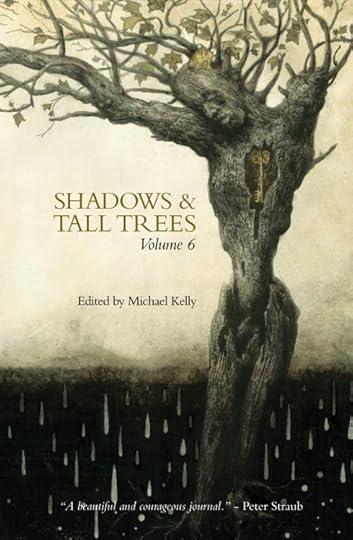Conrad Williams's Blog, page 15
April 16, 2014
OMZ!
I’m delighted to announce that my story Horizon Deep will feature in the final volume of Stephen Jones’ monumental Zombie Apocalypse! trilogy, to be published by Robinson in the UK and Running Press in the States. Book Three, Endgame, should be out before the end of the year. A complete TOC can be found at Steve’s website.


April 15, 2014
96
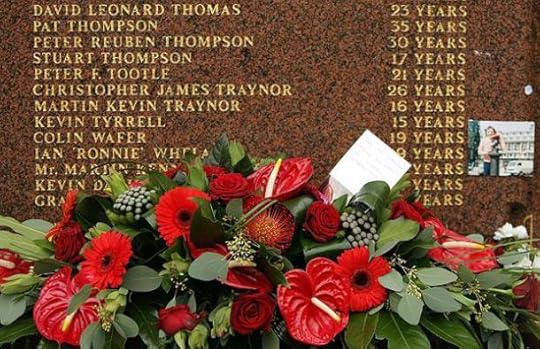
Photo: GETTY
Today is the 25th anniversary of the Hillsborough disaster. I knew one of the victims – Ian Whelan – from my form at Priestley sixth form college, Warrington. I remember him as being a quiet, pleasant lad. We never really talked much (although I’m sure I might have made more of an effort had I known he was a fellow Red).
On the 15th April 1989, a gorgeous, sunny day, he, along with 95 other football fans, went to Sheffield to watch a football match and did not come home. I remember my Dad picking me up from my girlfriend’s house with the bad news. We listened to Peter Jones on the radio, relaying the confusion and the horror. Later there was the shock of recognising one of the faces.
As we all know, thanks to the extraordinary reports of evidence being doctored, and police obstruction, the confusion and horror has followed this event ever since. Only now, with the new inquests taking place in Warrington, does it look as though some justice, and hopefully some peace, might come to those poor families deceived for so long.
Never forget. YNWA.


April 4, 2014
Kurt Cobain
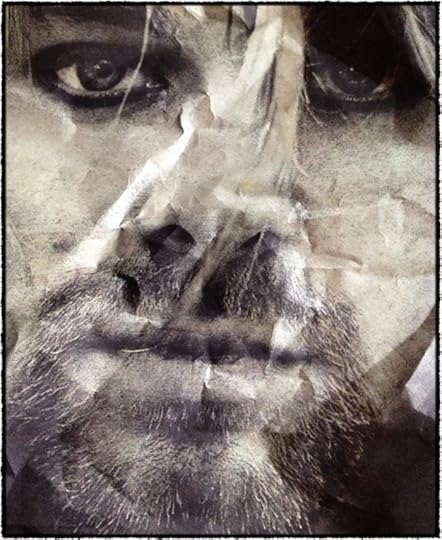
Photo by Martyn Goodacre
I’m not interested in why. I don’t care if there were clues there for all to see. So he was a drug user. So he couldn’t handle fame. Twenty years have sanded away my opinions about that, if I even really had any. Outside of family and friends, his death shocked me like no other. He was only 27 years old. There was pain and rage and screaming, but there was melody too.
When I first heard the song… that song… in 1991, I was a second-year student sharing a house in Bristol. Too young to have appreciated punk in 1976, I suddenly understood – as those power chords kicked in – how people hungry, primed, for musical change (here we are now, entertain us) must have felt. I listen to Nirvana and the hairs on the back of my neck rise. The music is still relevant, in my eyes. It is timeless, visceral, raw and beautiful.


March 29, 2014
Happy birthday!
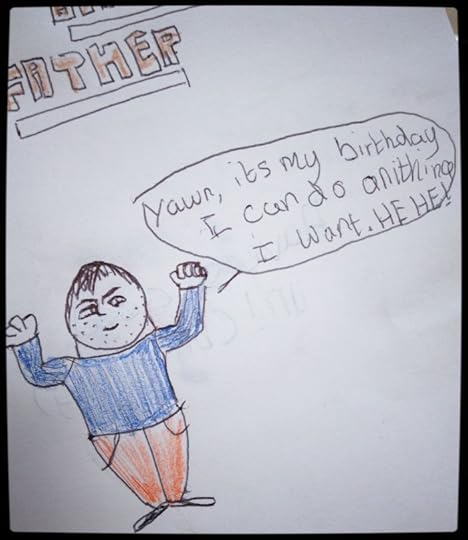
© Ethan Williams
I’m feeling in a great mood for today is my 45th birthday. The sun is out. I had breakfast in bed before going to watch my son play football. I’ve had some lovely presents and received many kind messages. Tonight we dine in Manchester… so I thought I’d spread the love. For five days only I’m bringing the Kindle price of London Revenant down to just 99p. Fill your boots!


February 7, 2014
It begins…
‘Nothing ever begins.’
Clive Barker, Weaveworld
In fiction an arresting opening line seems de rigueur:
It was the afternoon of my eighty-first birthday, and I was in bed with my catamite when Ali announced that the archbishop had come to see me. (1)
It was a queer, sultry summer, the summer they electrocuted the Rosenbergs, and I didn’t know what I was doing in New York. (2)
It was the day my grandmother exploded. (3)
It was a bright cold day in April, and the clocks were striking thirteen. (4)
Here are some more:
The sweat wis lashing oafay Sick Boy; he wis trembling. (5)
The boy with fair hair lowered himself down the last few feet of rock and began to pick his way toward the lagoon. (6)
Lyra and her daemon moved through the darkening hall, taking care to keep to one side, out of sight of the kitchen. (7)
When he woke in the woods in the dark and the cold of the night he’d reach out to touch the child sleeping beside him. (8)
Increasingly I view any sort of creative writing as a series of problems to solve. One of the first will occur as you embark on a new piece of fiction (we’ll ignore all that prefatory plotting, freighted as it is with its own peculiar difficulties). The problem for me is that I want to draw readers in, I want to hook them, but I don’t want it to look like a hook. I don’t want it to look like a starting point. More and more I prefer novels that begin without reading like they’re beginning, if you see what I mean. As an example I give you the opening line of my second novel, London Revenant:
It was so late, it was early.
It’s too writerly, I think. It’s too beginny. It waddles under the weight of author intrusion. It tells you something in an over-complicated way. Part of the magic of reading, for me, is becoming lost to a text to the extent that hours go by without my realising. There’s nothing worse than being yanked out of that delirious fugue by something that reminds you that what you’re reading has come from someone else’s imagination. And here it happens on line one. Shoot me now.
Not that I’m saying that Burgess, Plath, Banks and Orwell should be tarred with the same brush. There’s a balance to be had, I suppose. and what those first four examples show is how to hook brilliantly while being very obvious first lines. I prefer the second set of examples, however. They inject you into the narrative; they have an in media res quality about them, a feeling of the writer having settled into his story already, despite this being page one, line one.
One of the best pieces of advice I ever received (I can’t for the life of me remember where I first heard it, but I urge writers to try it whenever I take a class) was to start work on a piece of writing and then, after you’ve written a couple of pages, dump your opening paragraph. It’s worth a try. Sometimes you can see a join between where the piece has started and where you’ve found the voice – more relaxed, more fluent – to tell the rest of it. Losing a paragraph or two at the start can give you a more natural opening and reduce the risk of looking as if you’re trying too hard for that killer first line. You’re suddenly deep into it, awash with story.
Don’t let your incipit be insipid. But don’t let it be too beginny either. Actually, thinking about it, if you want to avoid that starting feeling it would seem prudent to avoid any sentence that begins ‘It was…’.
1. Earthly Powers, Anthony Burgess
2. The Bell Jar, Sylvia Plath
3. The Crow Road, Iain Banks
4. Nineteen Eighty-Four, George Orwell
5. Trainspotting, Irvine Welsh
6. Lord of the Flies, William Golding
7. Northern Lights, Philip Pullman
8. The Road, Cormac McCarthy


January 31, 2014
London Revenant comes to the Kindle
My 2004 novel, London Revenant, is now available to buy for your Kindle at the agreeable, if slightly random, price of £4.11. You can find it here.
A madman is pushing people under Tube trains…
Adam Buckley thinks he knows who it is, but has problems of his own to deal with. Damaged from a recent break-up, his narcolepsy worsening, he learns that his friends have become suicidally obsessed with finding insane, unexplored parts of London.
He glimpses figures in the subterranean gloom, half recognised faces at parties to which he can’t recall being invited, indications of a life lived yet never remembered. As his confusion deepens, so too does the threat of violence. In peeling back so many of the city’s faces, he fears that the skull beneath the skin might well be known to him.
“Conrad Williams’ novel of a world beneath our own positions itself somewhere on the spectrum between Iain Sinclair and China Miéville, but moves off smartly at an oblique angle to both. Williams may be in the process of developing a new genre, a kind of matter-of-fact Gothic which can draw conclusions about the contemporary heart by rifling its dustbins. Readable, rebarbative and frightening.”
M John Harrison


Penguin Yourself
I’ve always been a big fan of Penguin’s Romek Marber grid and the accompanying simple, clean typography, so a while ago I spent way too much time reimagining my novels as classic Penguin paperbacks (well, we can all dream). I think some of them work better than others (that’s supposed to be a pair of chromosomes on the cover of Decay Inevitable by the way), but it was just a bit of fun and it satisfied the frustrated designer in me. I even created a green crime version of a WIP starring my woebegone PI Joel Sorrell.
You can have a go too if you visit this site.


December 22, 2013
My ears! My ears!
You can now enjoy (endure?) two of my books coming at you through your headphones, or your car stereo, or your iGadget of choice. Both London Revenant and Use Once then Destroy are available to download as sound files from Audible. Lynne Jenson and John Curran lend their voices to the stories from UOTD, and Piers Gibbon narrates London Revenant.


The Owl

Photograph © Conrad Williams
My short story, The Owl, originally published in Use Once then Destroy, has taken wing once more. You’ll find it online at Nightmare magazine where you can either read it, or listen to a splendid recording of the story by Stefan Rudnicki.


Shadows & Tall Trees
On October 7th I posted a blog about the Gothic Manchester Festival, and how I was hoping to write a new short story in time for a reading I was scheduled to perform at the International Anthony Burgess Foundation along with Ramsey Campbell and Stephen McGeagh. I intended to write something “brisk and baleful”, around 1500 words. Well, I didn’t. Not brisk, anyway. It ended up being around 6000 words, and I ditched my original title, Way Out Via 30 Steps (although I like that title too much to discard it completely). It is now called Shaddertown, and it will be appearing early next year in the excellent Shadows & Tall Trees (edited by Michael Kelly), alongside Alison Moore, Kaaron Warren, Myriam Frey, David Surface, CM Muller, Robert Levy, Charles Wilkinson, Tara Isabella Burton, VH Leslie, Brett Cox, Michael Wehunt, Ralph Robert Moore and Ray Cluley.



